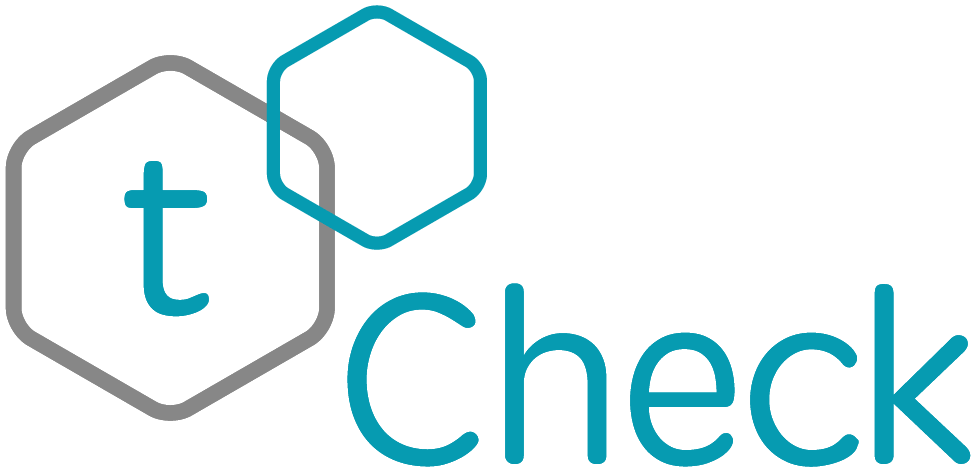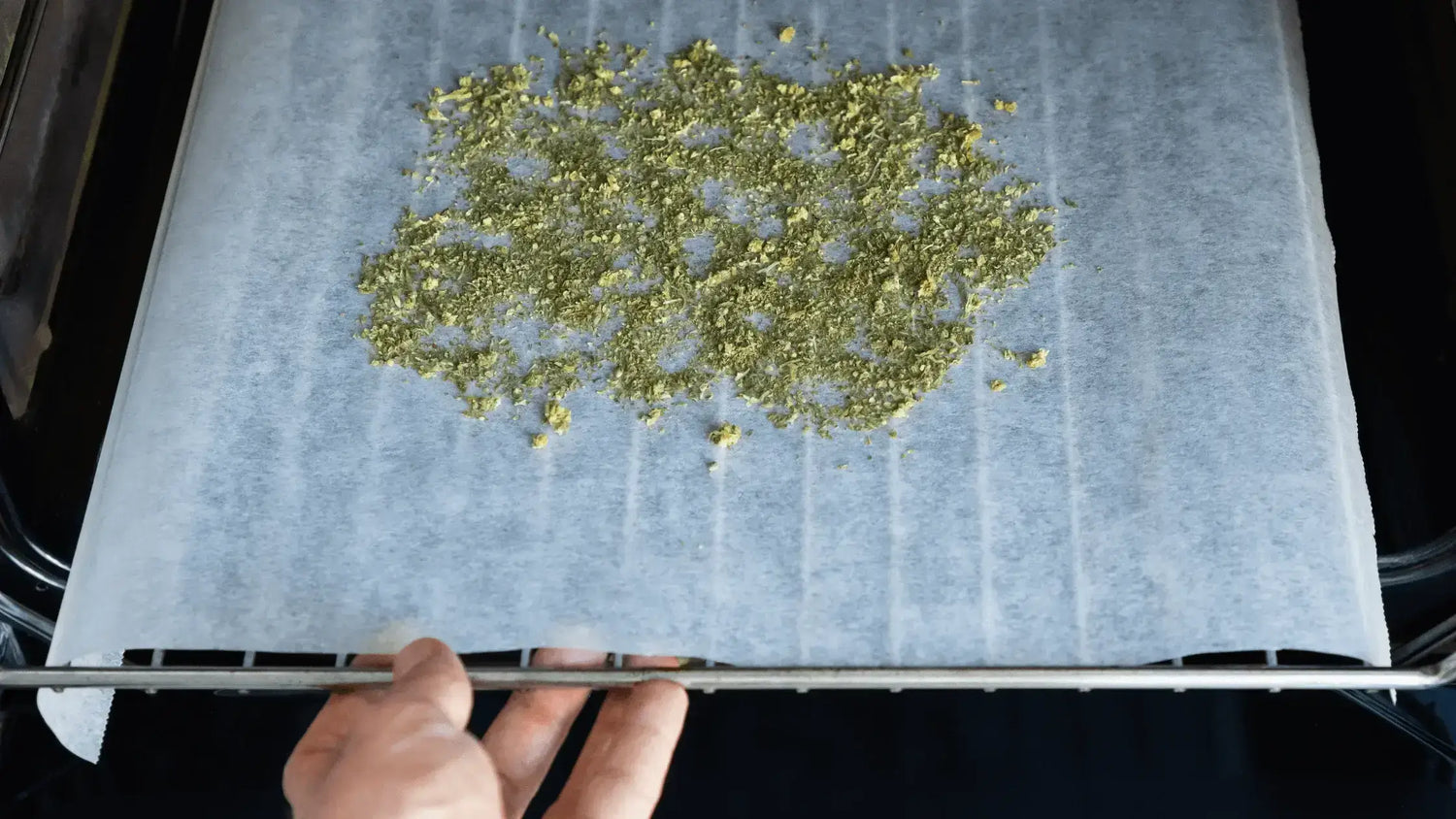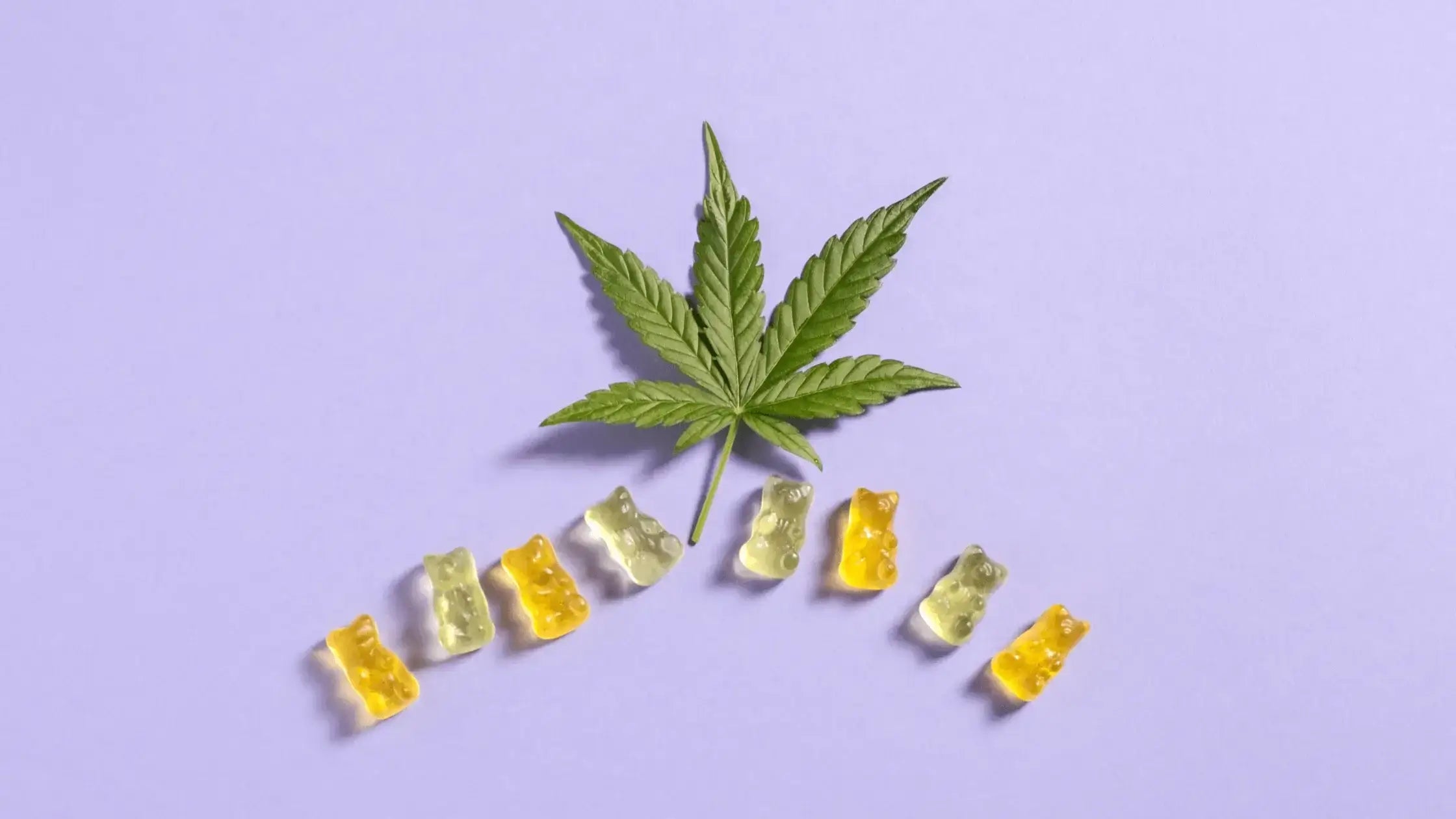You can’t have potent DIY edibles or infusions without decarboxylation. If you don’t properly heat your weed before putting it into your recipes, it will not have activated THC or CBD. Instead, these DIY goodies will have non-psychoactive cannabinoids like THCa and CBDa.
While acidic cannabinoids have therapeutic potential, they won’t give you the physiological sensations associated with active cannabinoids (i.e., they won’t make you “high”). Since most people want activated cannabinoids in their infusions, tCheck frequently stresses the importance of decarbing weed in our blog.
While many cannabis veterans know the importance of decarboxylation, it’s common to forget this step. A quick scan of cannabis forums will reveal plenty of people forgot to decarb their weed before making an oil or edible. These panicked pot fans often ask the community for tips to “activate” their DIY goodies.
There are a few rumors online about how to decarb a weed oil after making it. For instance, many suggest heating cannabis oil to 240° F for 40 minutes for a successful decarb. However, there hasn’t been any science to back up this oft-repeated claim…until now
tCheck wanted to figure out how long it took to decarb THCa in the oven. Anyone who forgot to decarb their weed can’t afford to miss this data.
How Long Does It Take To Decarb THCa? — Results From tCheck’s Experiment
For our trial, we first examined whether the “old trick” of 240° F for 40 minutes was valid. We put an MCT infusion with THCa isolate in an oven and monitored its temperature till it hit 240° F. After 40 minutes, we tested at an ISO accredited lab.
Our results show that 40 minutes at 240° F isn’t enough to decarb anything!
However, all hope isn’t lost. There is a successful strategy for decarbing THC from your infusions. You just have to set your oven higher and pack some extra patience.
In our next trial, we monitored the active THC levels in the same 20 mL MCT sample with THCa over four hours. However, instead of waiting for this oil to reach 240° F, we increased it to an internal temperature of 300° F. Using this method, the THCa transformed into 100 percent bioavailable THC within four hours.
Before Testing Our Decarb Methods, Heed These Considerations
 Please keep in mind that the temperatures refer to the internal temp of the MCT oil, not the oven’s pre-set temperature. We set our oven a bit higher to reach an oil temperature of 300° F, and we used an oven-safe wired thermometer probe to gauge these readings.
Please keep in mind that the temperatures refer to the internal temp of the MCT oil, not the oven’s pre-set temperature. We set our oven a bit higher to reach an oil temperature of 300° F, and we used an oven-safe wired thermometer probe to gauge these readings.
Since everyone’s oven is slightly different, you may need to set it at an even higher temperature. Anyone who wants to try these methods should invest in a wired thermometer and a tCheck Potency Tester to gauge their efficacy.
Also, please keep in mind our trial only examined a 20 mL sample size. Since many people make more than 20 mL of a THC infusion, it will probably take longer for your oil to reach 300° F than it did in our findings. This is another reason you need to rely on accurate tools like a high-quality thermometer and a tCheck scanner to figure out when your infusion has active THC.
Find out more about the benefits of the tCheck potency tester and measure your THC and CBD levels.








